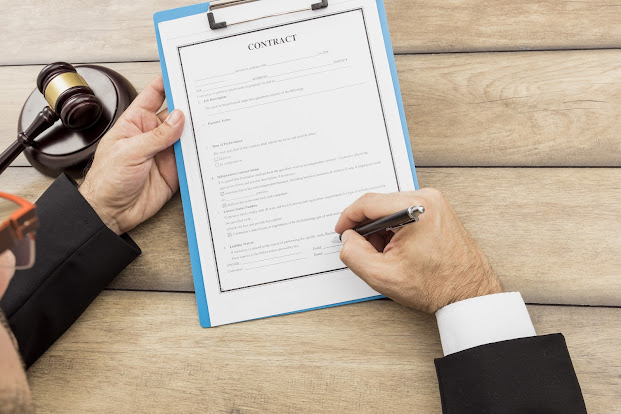What Bail Bonds Are And How They Work
Getting arrested is a scary experience, especially if you are innocent. Suspects are usually read their Miranda rights before being handcuffed and taken to prison. The suspect becomes a prisoner after being processed, photographed, and fingerprinted. Depending on the seriousness of the alleged crime, the accused may be offered immediate release.
If the violation is not minor, the defendant will be detained until he appears before a court for a bail hearing. The court will decide whether or not the defendant is eligible for release and, if so, how much he should pay during the hearing. If the accused can afford the fee, he can be released from jail the same day. A defendant or his loved ones may be obliged to get bail bonds since the fee for a serious offense is often extremely high.
What Are They?
Bail bonds are a type of insurance policy that is taken to ensure that the defendant appears in court on schedule. Bonding out is a very common procedure because most people accused of a crime appear in court on the scheduled day. There are also firms that lend money to people to cover these costs.
What's In It For Them?
Bail bond companies, like any other institution that lends money, charge interest for their services. These rates are frequently determined by the loan's size and the accused's criminal history. When a defendant is judged a flight risk but is still granted bail, obtaining a loan from a bondsman may be difficult. However, in the overwhelming majority of cases, a bond is posted at a fairly reasonable rate of 10%.
Special Circumstances
If a bondsman concerns that the defendant will escape or "jump" bail, he may ask for collateral. He does this because if his client fails to appear, the court will hold the bondsman financially liable, which means he will lose the bond he posted after a set number of days. If the loan is large and is forfeited, the bondsman's company may be endangered.
The bondsman hires bounty hunters to ensure that he does not lose his money. These freelancers are responsible to track down fugitives who have failed to appear in court. If the bounty hunter gets the fugitive before the cops, he will receive a percentage of the bond. However, if the authorities catch him first, the bounty hunter goes home empty-handed. Either way, the bondsman wins.
Bail Recovery
When the criminal is caught, the bondsman receives his money back along with the interest payment, giving him a small profit on the transaction – especially if the police caught his client and he didn't have to pay a bounty hunter. However, because margins are typically razor-thin, most bondsmen make their money via the sheer volume of business, which often entails bailing out minor or petty criminals and taking collateral.
At Superior Bail Bonds we post Bail Bonds Santa Barbara, round-the-clock in order to ensure that you don’t have anything to worry about after you get arrested. We are fast and efficient and will have you out in no time at all once you reach out to us. Learn a little bit more about Bail Bonds Oxnard. visit our website now.


Comments
Post a Comment